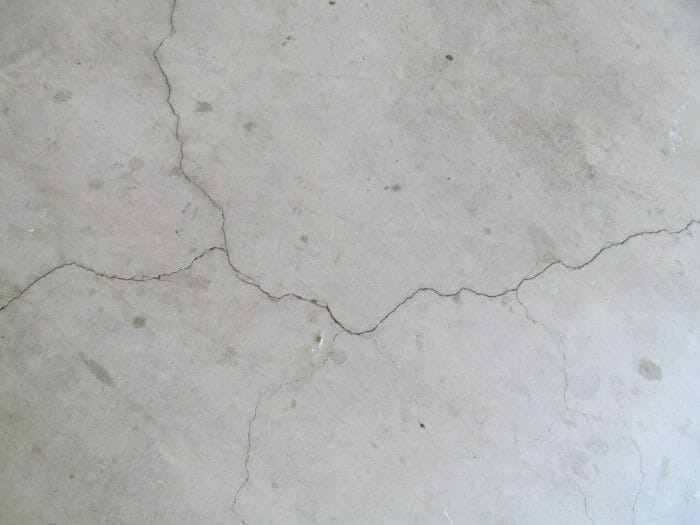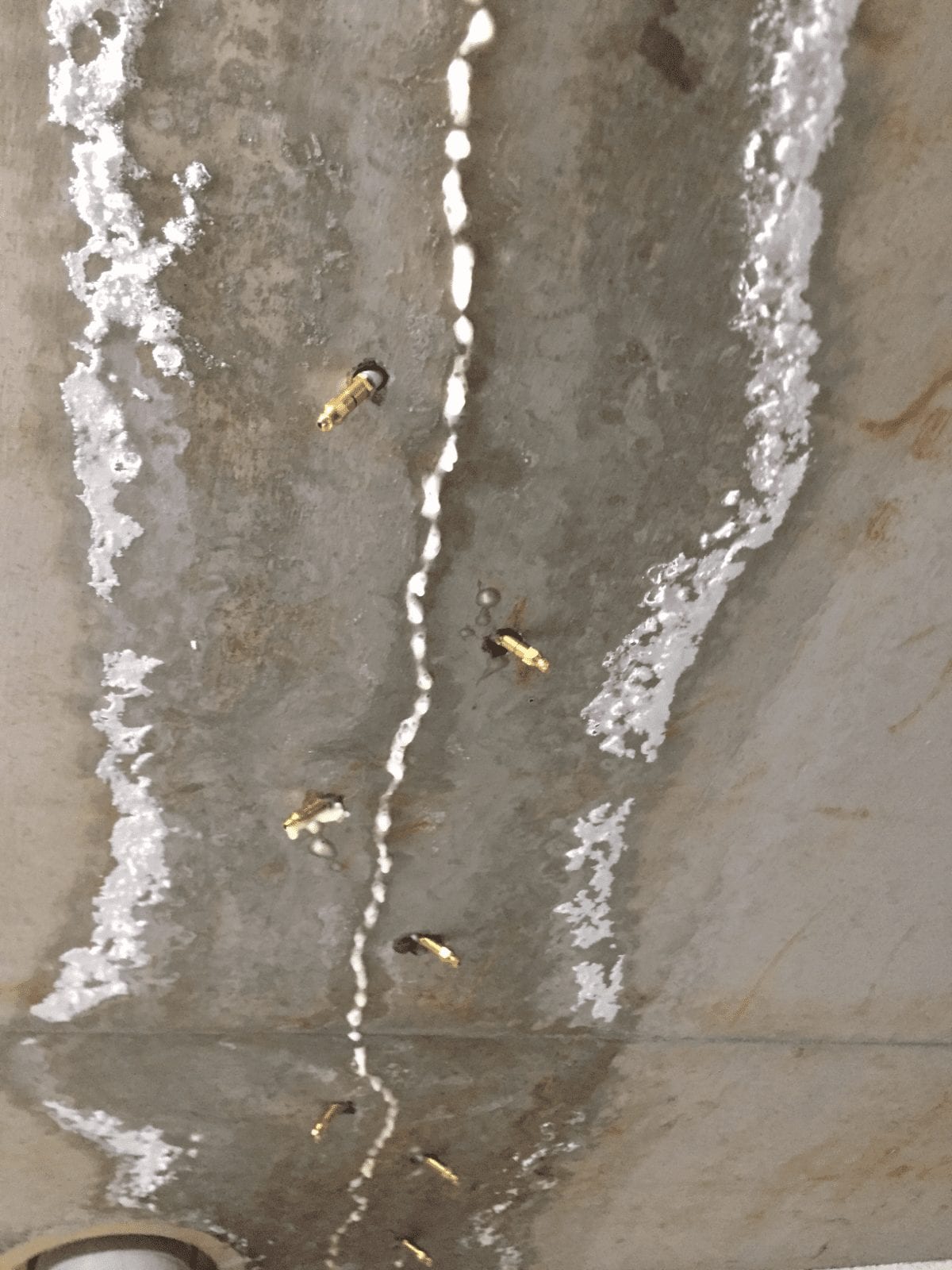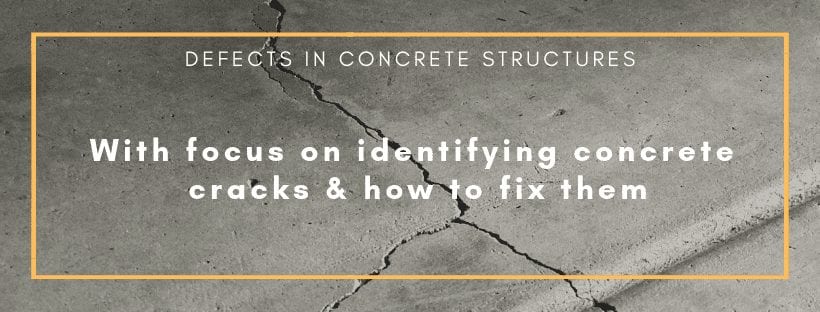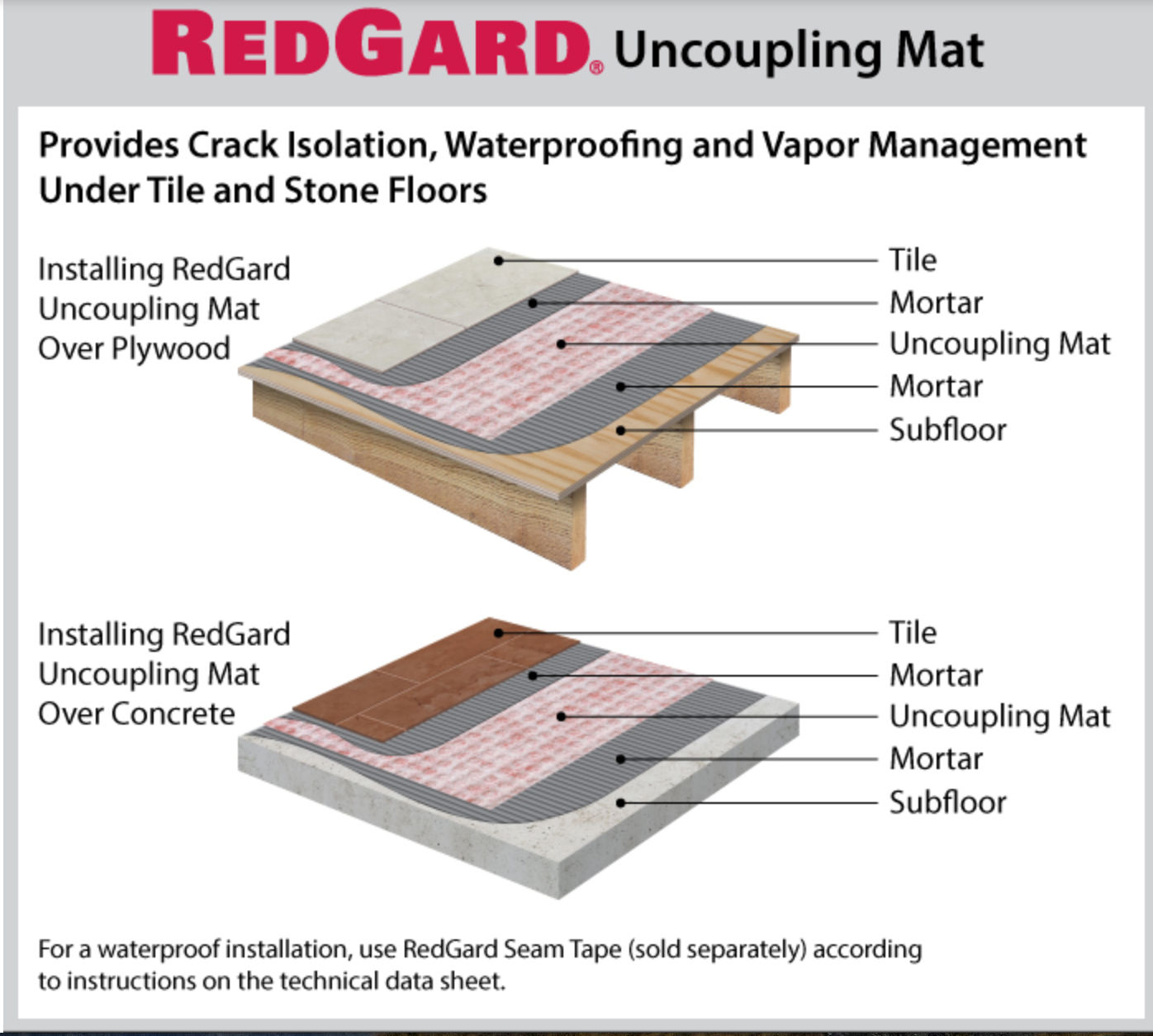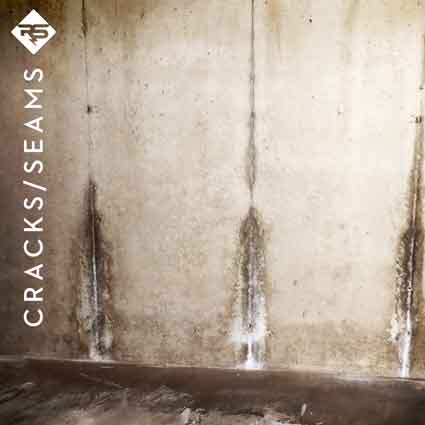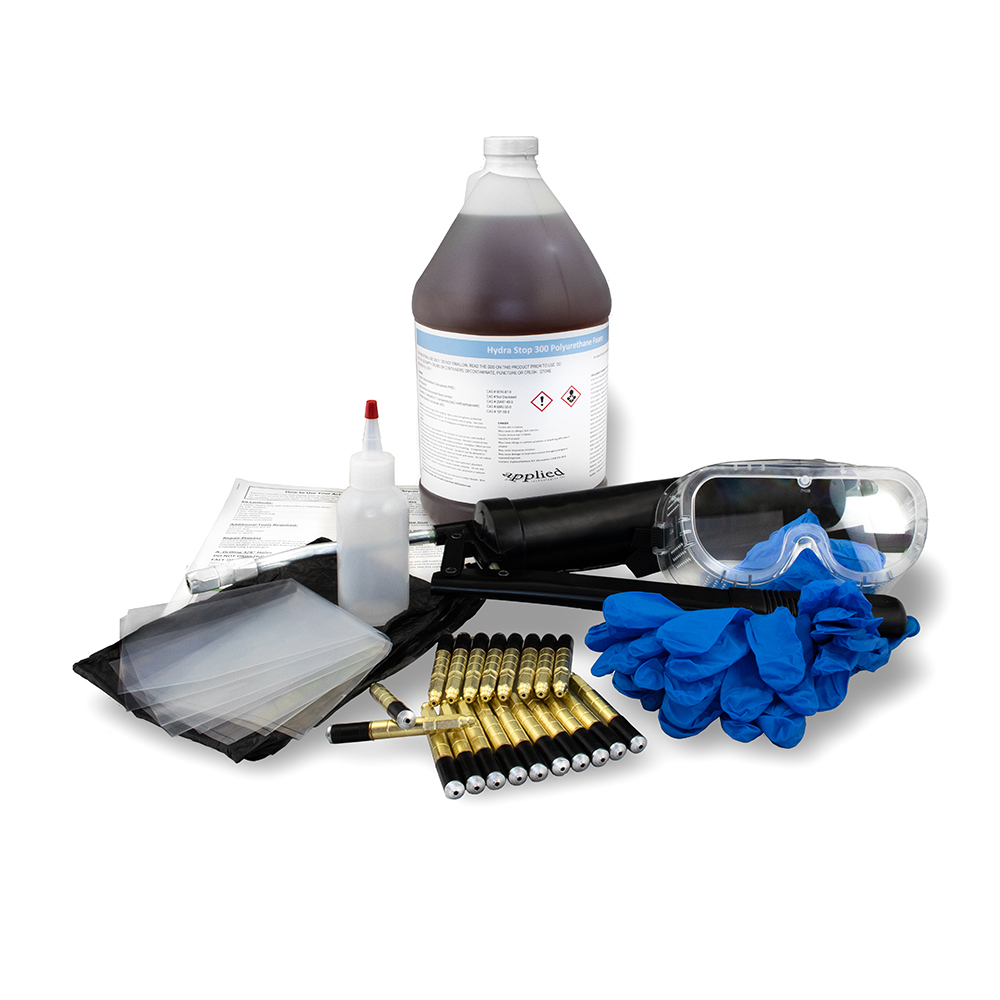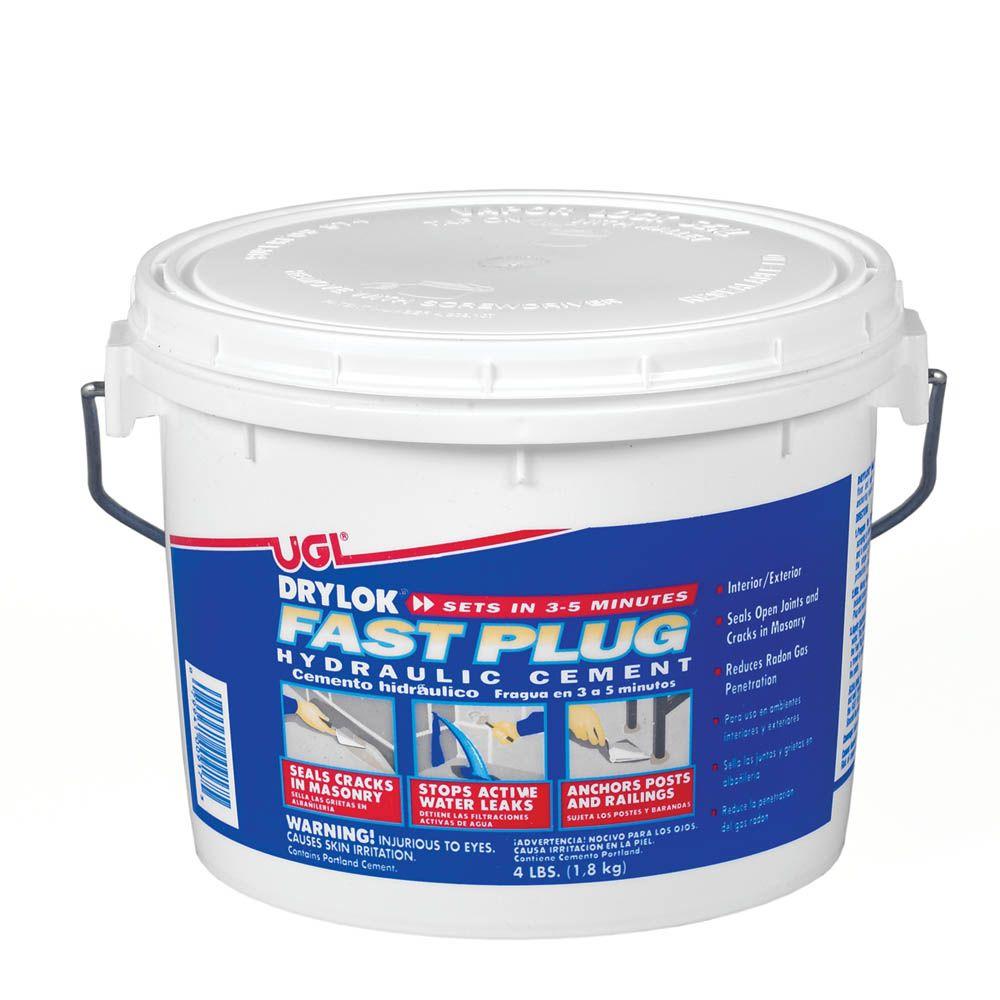Stop Active Water Leak Concrete Floor From Hairline Cracks
For cracks where water exists until the leak has stopped before applying the patch.
Stop active water leak concrete floor from hairline cracks. Epoxies are plastic resins that start out as fluids when mixed but then dry to a hardened surface that can easily bond to concrete. For leaky floor wall joints remove dirt and debris from the joint before adding the sealant. If you want to paint the concrete you ll need to wait about a month. Water leaking through cracks in concrete walls can be easily stopped with hydraulic cement.
Be they straight jagged or spiderweb like fine cracks in the basement floor commonly result from surface shrinkage as. Any joints in your concrete floor also invite water to seep in and the best way to stop water in these areas is to seal them up with exterior grade caulk. A few companies including koster and kryton international make super fast set powders that can stop flowing water within seconds. It takes a long time for concrete patches to completely cure.
Just like the hairline crack these do not represent any structural issues to your house. Stop a water leak. Remove all loose concrete debris using a brush or air hose. Hairline cracks need no repair and are not indicative of a larger problem.
Seal and repair cracks in concrete when it is important to quickly stop water leaking through a crack seal those cracks in concrete using injection of either epoxy resin or polyurethane sealant. This usually involves crack injection or curtain wall injection with polyurethane or acrylic grouts but hydraulic types of cement are also very effective in sealing and stopping active water leaks. Seal up the joints between the floor and the walls as well as any expansion joints that were installed in your concrete floor slab to allow for shifting in the material. To repair basement floor cracks that are larger than 25 inches clean the debris and dirt from the cracks before applying the concrete patch.
The shrinking concrete can lead to cracks ranging in 1 8 wide or bigger. This video shows several options for closing cracks in concrete. You can seal these cracks yourself by using an elastomeric caulking sealant made for use on interior concrete surfaces available at your local home improvement store. Follow the manufacturer s instructions to determine the optimum cure time.
These epoxy glues not only help solve leaks but can also prevent further cracking problems. A number of different epoxies are designed to help bond different layers of concrete together and fix leaking problems.


